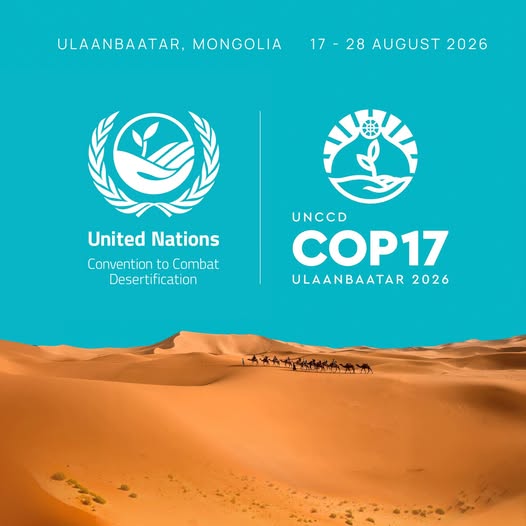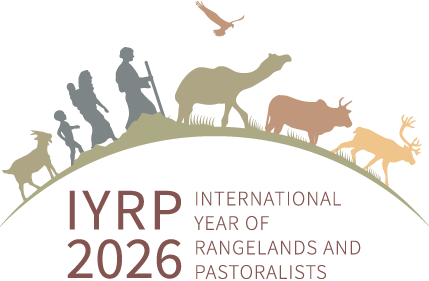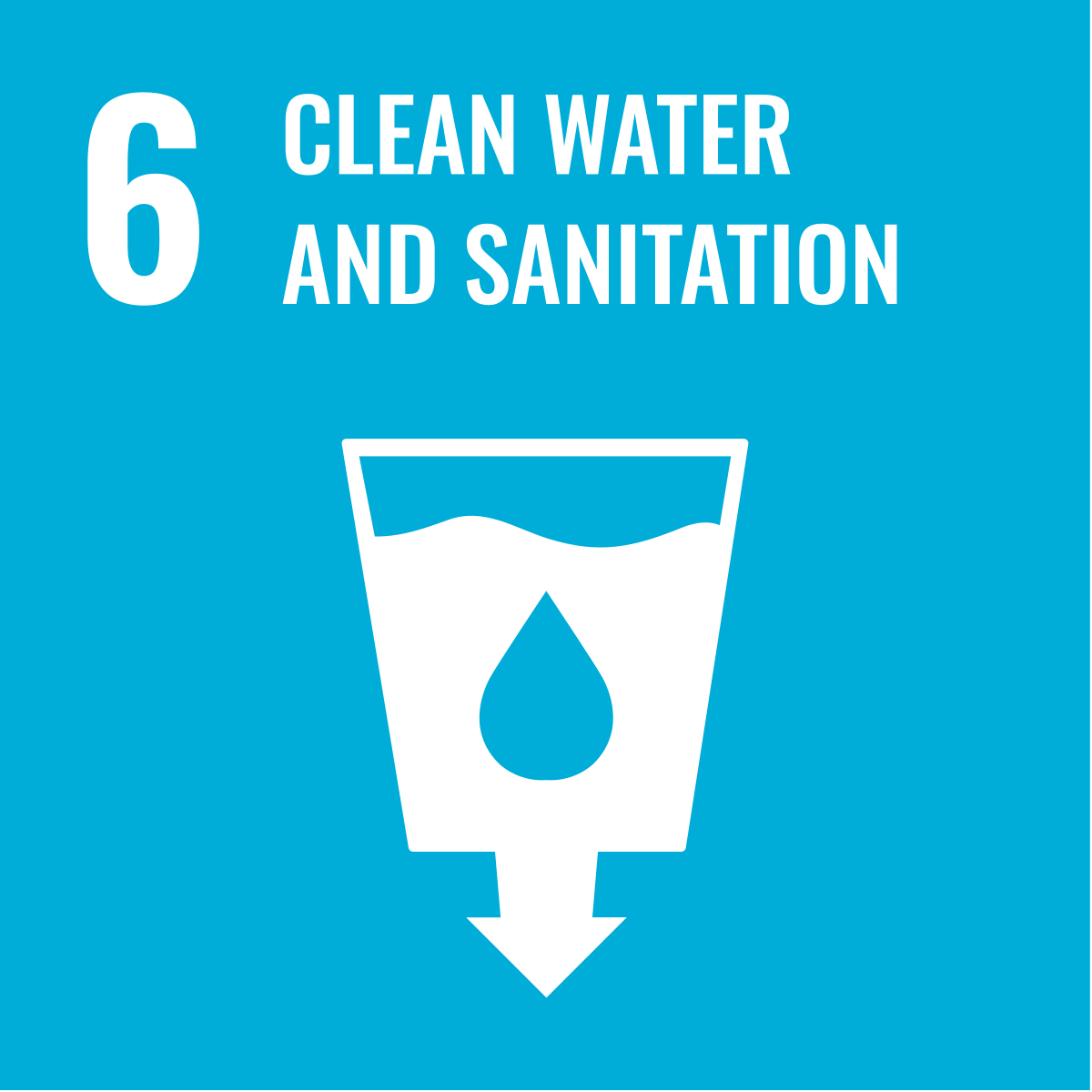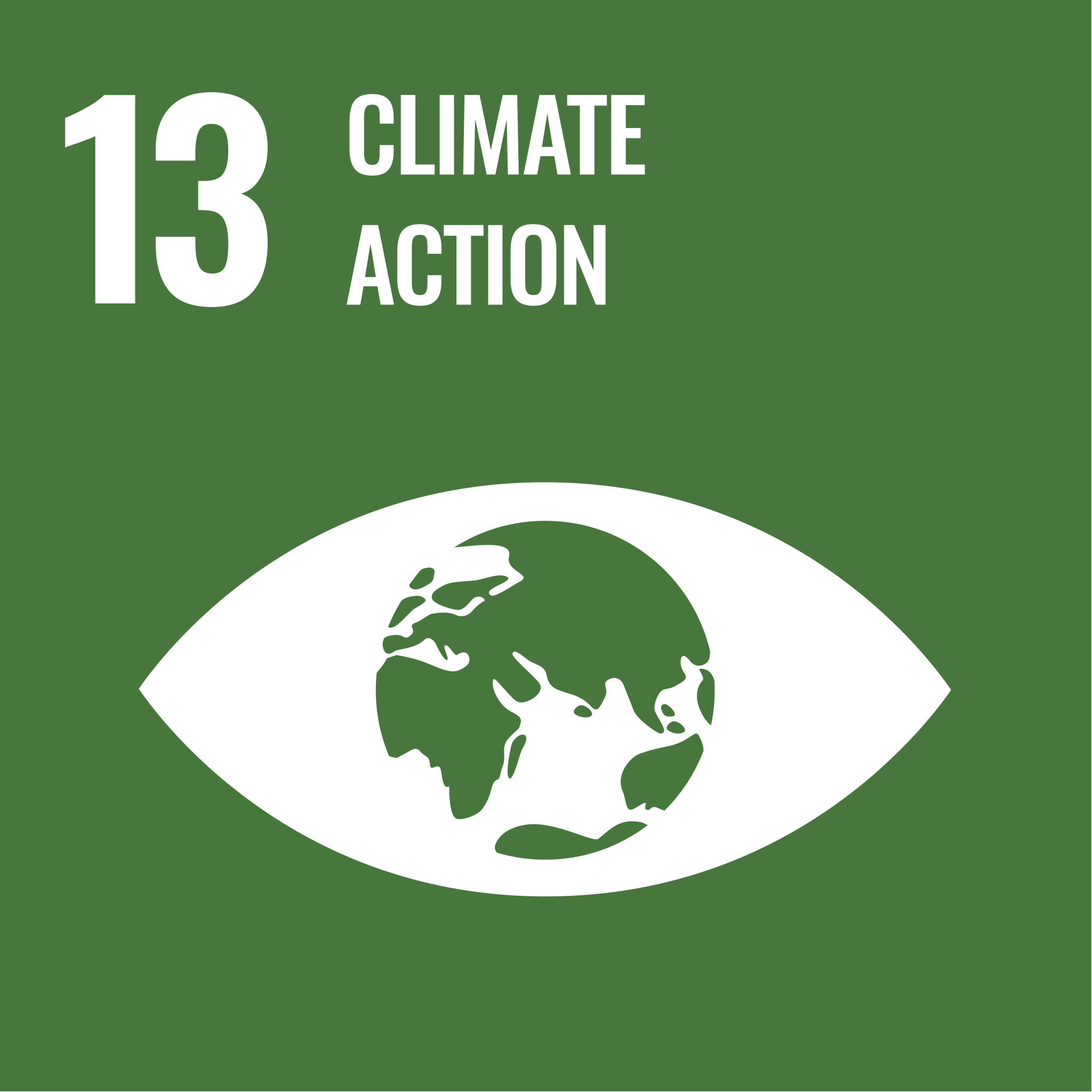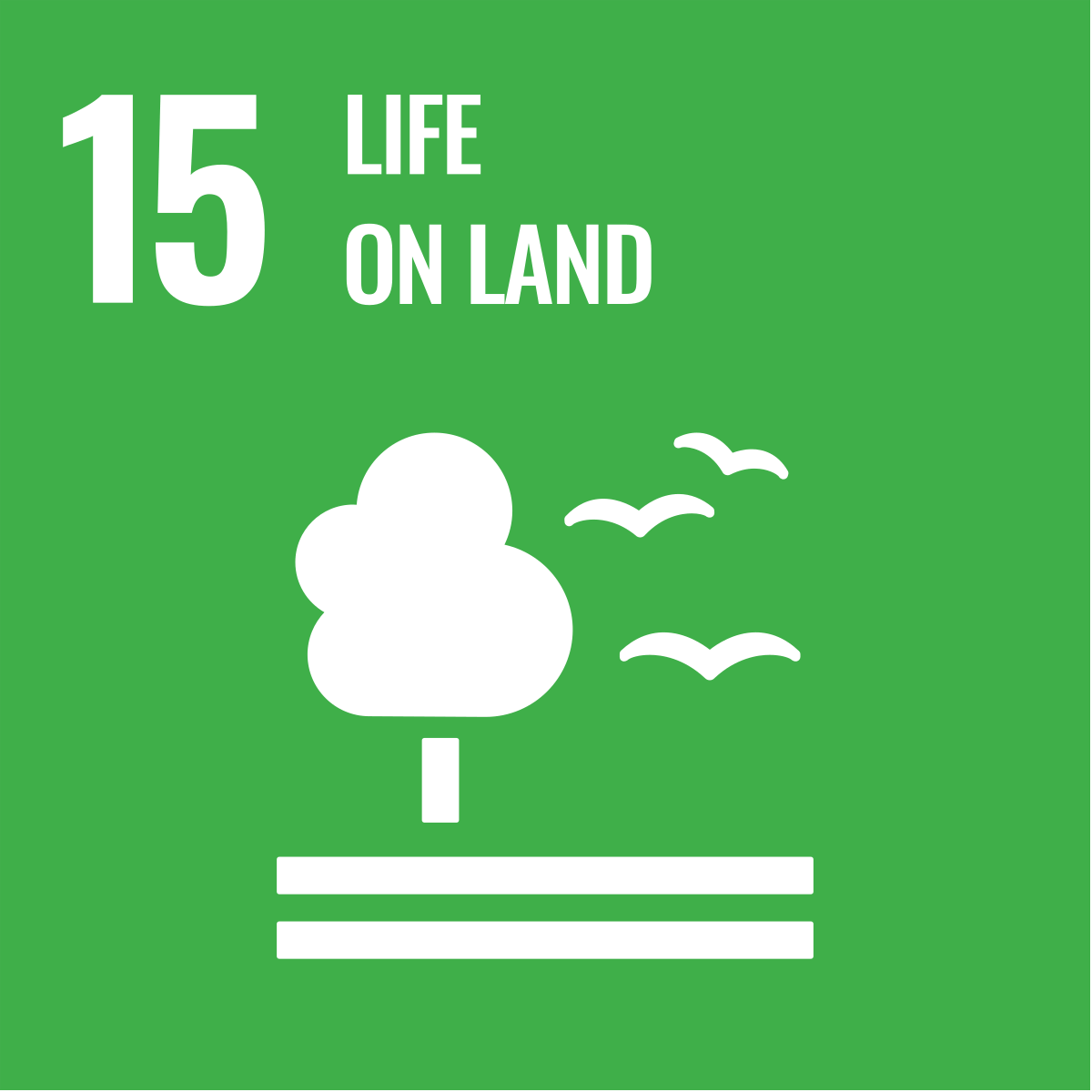Overview
Overview
Desertification, land degradation, and climate change represent some of the most daunting global environmental challenges of the 21st century. These issues are particularly critical in arid and semi-arid regions, where fragile ecosystems are highly vulnerable to climate variability and anthropogenic pressures. It is estimated that more than two billion people worldwide rely on these ecosystems for their livelihoods, food security, and access to water.
Aligned with the proclamation of 2026 as the International Year of Rangelands and Pastoralists, which emphasizes the crucial role that sustainable management of rangelands and the pastoralist communities play in maintaining ecosystem health, food security, and climate resilience, the International Conference on Soil & Water Resources Management for Combating Desertification in Drylands under Climate Change (SWDCC’2026) aims to serve as a premier global platform for researchers, practitioners, policymakers, and development partners to exchange knowledge, present scientific findings, and foster collaboration on sustainable land and water management in drylands.
Organized by the Laboratory of Eremology and Combating Desertification (LR16IRA01) of the Institut des Regions Arides (IRA) and scheduled to take place from 15 to 18 May 2026 on the culturally rich and ecologically significant island of Djerba, Tunisia, the SWDCC 2026 conference will serve major celebration :
The 50th anniversary of IRA (1976-2026)
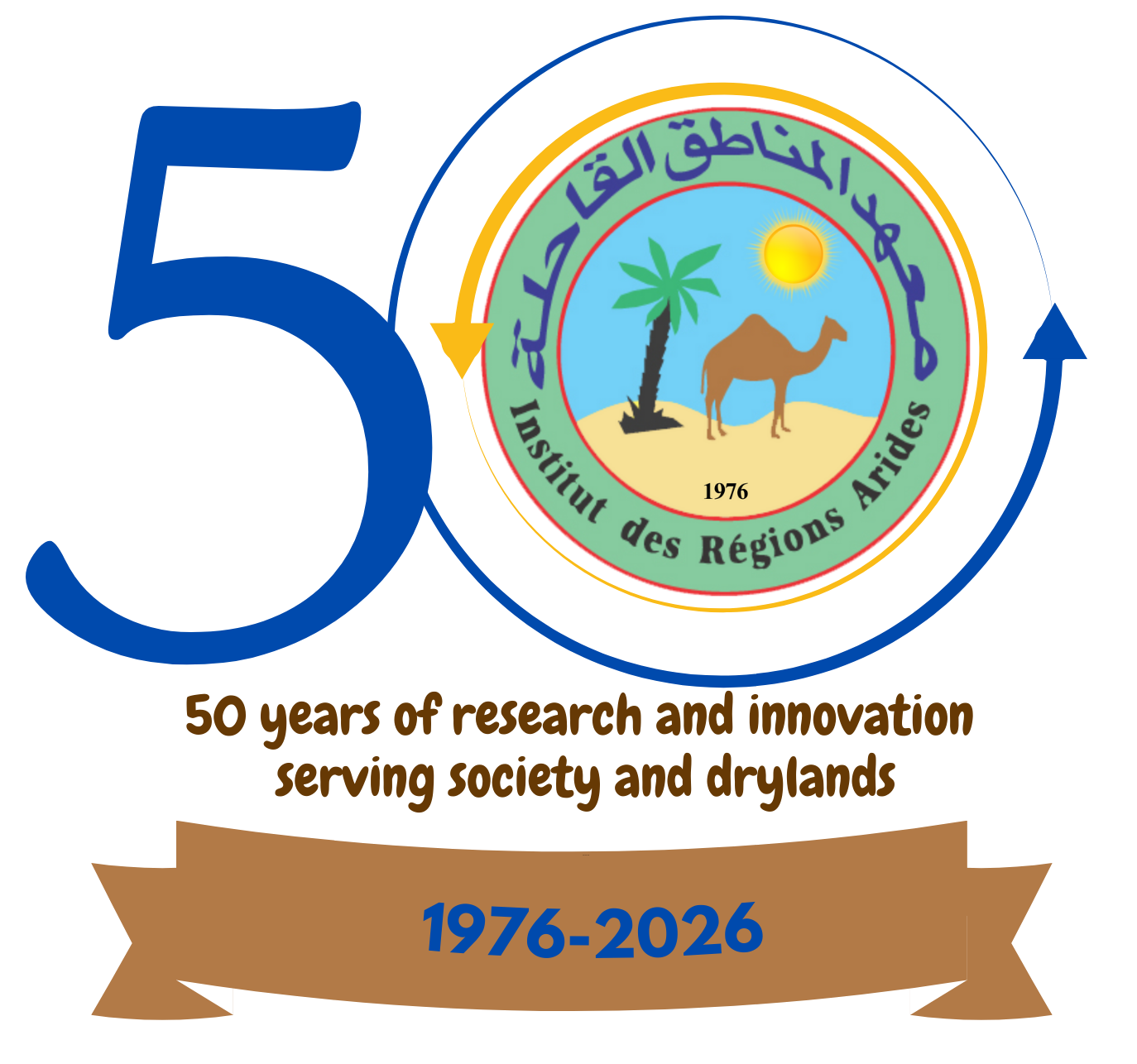
- This conference is among a series of events organized by the various structures of IRA (for more details visit : www.ira.agrinet.tn)
- It is strategically aligned with the international observance of the World Day to Combat Desertification and Drought, held annually on 17 June. This alignment is not only symbolic but purposeful, emphasizing the conference’s dedication to raising global awareness about the urgent challenges posed by desertification and drought, and underscoring the global community's collective responsibility to address these issues. The timing encourages momentum and engagement that extends beyond the conference dates, contributing to sustained efforts throughout the year.
- It is with profound respect and gratitude that SWDCC 2026 pays tribute to the late Houcine Khatteli, former Director General of the Institut des Regions Arides, who passed away in 2021. His visionary leadership and lifelong dedication to desertification research, sustainable land management, and environmental protection laid a strong foundation for initiatives such as this conference. His legacy continues to inspire researchers, practitioners, and policymakers committed to combating land degradation and fostering resilience in Tunisia’s drylands.
- The international year of rangelands and pastoralists (2026)
- COP17 UNCCD, August 2026, Mongolia
This symbolic connection strengthens the conference’s commitment to accelerating progress towards achieving Land Degradation Neutrality (LDN), a critical target under the United Nations Convention to Combat Desertification (UNCCD). Achieving LDN is vital to preserving ecosystem services, sustaining livelihoods, and enhancing climate resilience in drylands worldwide. Furthermore, SWDCC 2026 supports broader Sustainable Development Goals (SDGs), especially those related to ending hunger (SDG 2), ensuring access to clean water (SDG 6), promoting sustainable land use (SDG 15), and combating climate change (SDG 13).
The conference is designed to be truly inclusive and multidisciplinary, welcoming a diverse range of participants. These include researchers and academics who contribute cutting-edge scientific knowledge; environmental professionals and practitioners implementing field-level solutions; water and soil resource managers responsible for maintaining ecosystem health; policymakers and government agencies that shape regulatory frameworks and resource allocations; NGOs and development organizations working on community engagement and capacity building; graduate students and early-career scientists eager to innovate and learn; and private sector actors invested in the development and deployment of sustainable land use and water management technologies.
By bringing together these varied voices and expertise, SWDCC 2026 aims to foster collaborative dialogue, share best practices, and catalyze innovative approaches to combat desertification and enhance the sustainable management of soil and water resources in drylands under climate change.
Objectives
SWDCC 2026 is designed to:
- Disseminate recent scientific and technical advancements related to soil and water resource management in dryland regions;
- Evaluate the impacts of climate change on arid and semi-arid ecosystems, and identify practical solutions to increase resilience;
- Promote interdisciplinary and transboundary cooperation in the fight against desertification;
- Facilitate dialogue between scientists, policymakers, practitioners, and community stakeholders;
- Support innovative approaches through the lens of integrated resource management and sustainability.
Topics
Main themes and areas of discussion during the conference are :
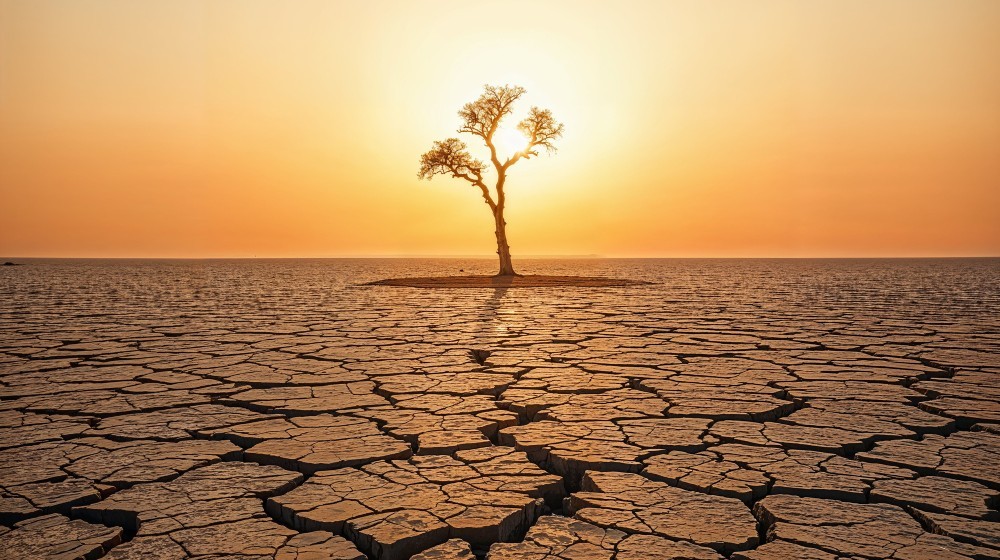
1-CCD: Climate Change: Vulnerability and Adaptation in Drylands
Exploring the impacts of climate variability and extremes on dryland systems, with a focus on adaptation strategies for ecosystems and human communities.
- CCD-1-1. Characterization of arid and semi-arid climates.
- CCD-1-2. Climate variability and its impact on ecosystems and livelihoods.
- CCD-1-3. Global environmental change and sustainable dryland ecosystems management.
- CCD-1-4. Vulnerability assessments and climate risk analysis.
- CCD-1-5. Climate-smart land and water use strategies.
- CCD-1-6. Traditional knowledge and community-based adaptation.
- CCD-1-7. Ecological restoration and nature-based solutions.
- CCD-1-8. Impacts of extreme weather events (droughts, heatwaves) on drylands.
- CCD-1-9. Climate change and migration patterns in dryland populations.

2-WRM: Water Resources Mobilization and Management
Addressing sustainable techniques for soil fertility restoration, erosion control, water harvesting, efficient irrigation, and land rehabilitation.
- WRM-2-1. Integrated water resources management (IWRM) in drylands.
- WRM-2-2. Surface and groundwater mobilization, modeling, and sustainable use.
- WRM-2-3. Pollution of water resources: sources, impact, and remediation.
- WRM-2-4. Wastewater treatment and reuse in agriculture and ecosystems.
- WRM-2-5. Solid and liquid waste management in water-scarce regions.
- WRM-2-6. Non-conventional water resources (e.g., desalinated water, greywater, treated wastewater).
- WRM-2-7. Water harvesting, storage, and recharge techniques.
- WRM-2-8. Low-energy desalination technologies and innovations.
- WRM-2-9. Water use efficiency and smart irrigation techniques.
- WRM-2-10. Groundwater assessment using isotope hydrology/hydrogeology.
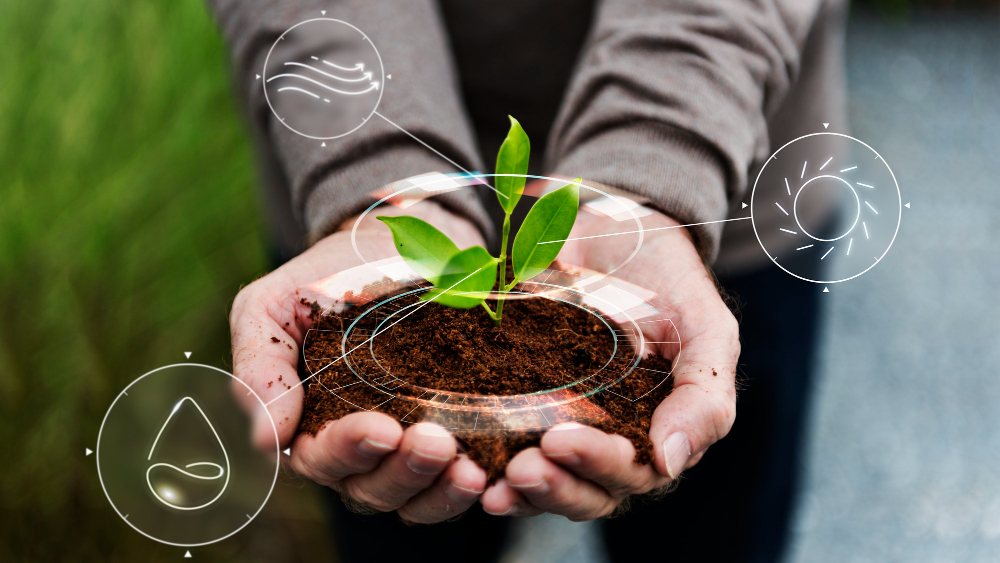
3-SDC: Soil Degradation and Conservation
Addressing sustainable techniques for soil fertility restoration, erosion control, water harvesting, efficient irrigation, and land rehabilitation.
- SDC-3-1. Soil degradation processes: physical, chemical, and biological.
- SDC-3-2. Land degradation and rehabilitation techniques in arid environments.
- SDC-3-3. Soil fertility restoration and organic matter management.
- SDC-3-4. Wind erosion processes, modeling, and control strategies.
- SDC-3-5. Water erosion: prediction, mapping, and mitigation.
- SDC-3-6. Dune dynamics and sand dune fixation practices.
- SDC-3-7. Soil salinization and alkalization: causes and solutions.
- SDC-3-8. Role of vegetation and land cover in soil conservation.
- SDC-3-9. Agroforestry and conservation agriculture in drylands.
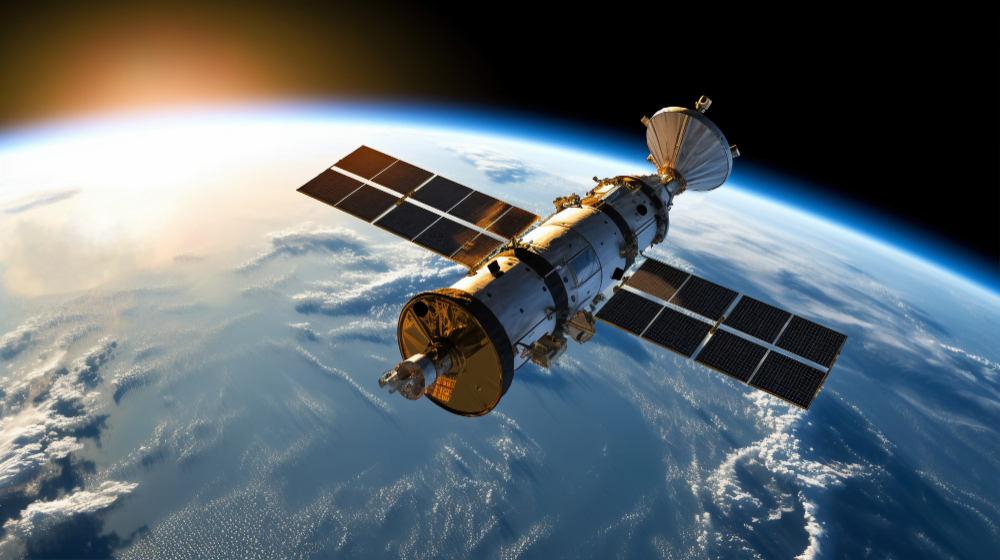
4-EMA: Environmental Monitoring and Assessment in Drylands
Focusing on geospatial technologies, remote sensing, modeling tools, and field-based monitoring methods to assess land degradation and water scarcity.
- EMA-4-1. Remote sensing and GIS applications for land degradation monitoring.
- EMA-4-2. Land use and land cover change detection and analysis.
- EMA-4-3. Environmental databases, modeling platforms, and data sharing systems.
- EMA-4-4. Early warning systems for desertification and drought monitoring.
- EMA-4-5. Telemetry and smart sensing technologies for real-time monitoring.
- EMA-4-6. Geo-information-based decision-support tools for resource management.
- EMA-4-7. Environmental Impact Assessment (EIA) in dryland development projects.
- EMA-4-8. Heritage mapping and assessment in vulnerable arid zones.
- EMA-4-9. Monitoring of environmental pollutants and contaminant pathways.
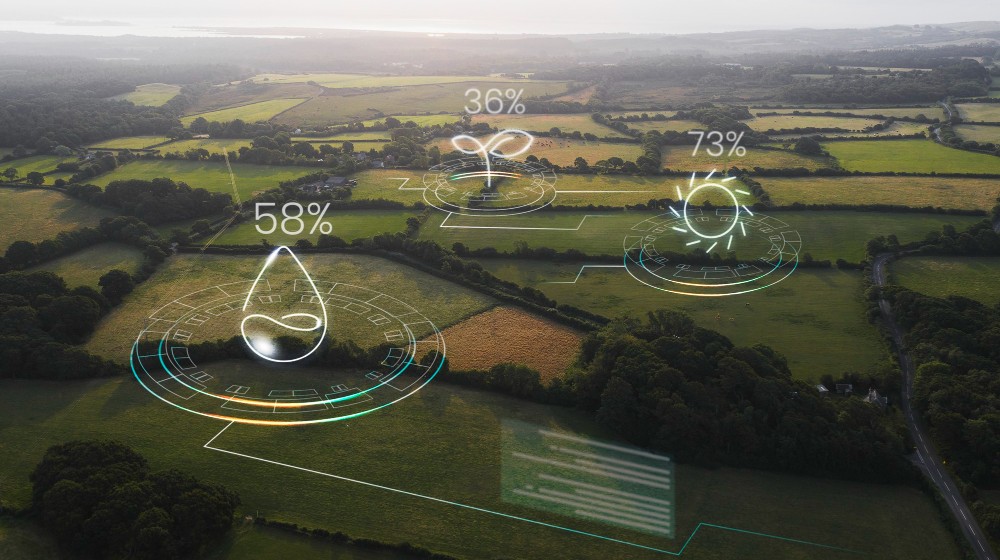
5-WEFE: WEFE Nexus (Water–Energy–Food–Ecosystem) in Arid Environments
Emphasizing integrated approaches that consider the interconnections between water availability, energy demands, food production, and ecosystem services in drylands.
- WEFE-5-1. Integrated WEFE Nexus approaches for sustainable development.
- WEFE-5-2. Nexus-based policy design and resource governance.
- WEFE-5-3. Trade-offs and synergies between water, energy, food, and ecosystems.
- WEFE-5-4. Circular economy models and resource recovery in drylands.
- WEFE-5-5. Renewable energy solutions for water and food security (e.g., solar-powered irrigation).
- WEFE-5-6. Climate-resilient agricultural systems and food production.
- WEFE-5-7. Ecosystem services valuation and protection in WEFE context.
- WEFE-5-8. Cross-sectoral innovations for dryland sustainability.
- WEFE-5-9. Case studies and best practices in WEFE Nexus implementation.
- WEFE-5-10. Social, economic, and institutional dimensions of the Nexus approach.


